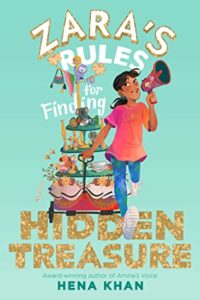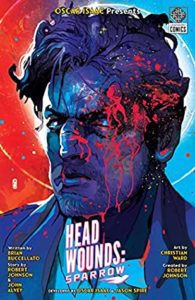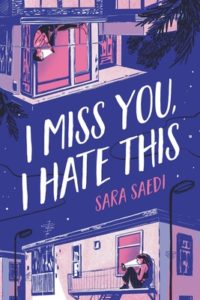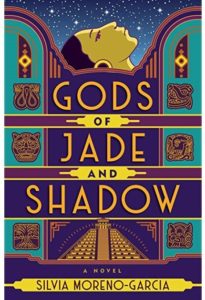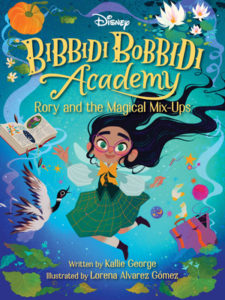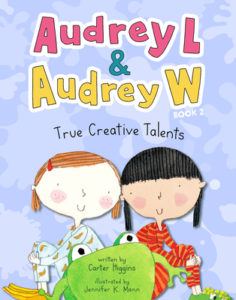While the subtitle of this latest installment of The Casagrandes series is “Friends And Family”, the book mostly focuses on Abuelo Hector, our main character Ronnie Anne and her naughtiest brother Carl. There are, as always, plenty of cameos from each member of the Casagrande family as well as their friends and neighbors, but these three definitely take center stage, appearing in all but one of the vignettes included here.
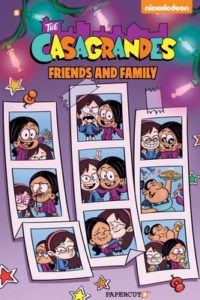 Hector is probably the star of the show, especially in the very cute story The Meet Up, where he drags his grandkids to the flea market to buy him presents for Abuelo Day. He’s also great in Back To The Boogie, where Ronnie Anne and Carl stumble across a treasure trove of outdated items. I loved as well how Hector and his teenage neighbor Cory bonded in All Nighter, as the reasons that kept them up converged to help them both weather another sleepless night.
Hector is probably the star of the show, especially in the very cute story The Meet Up, where he drags his grandkids to the flea market to buy him presents for Abuelo Day. He’s also great in Back To The Boogie, where Ronnie Anne and Carl stumble across a treasure trove of outdated items. I loved as well how Hector and his teenage neighbor Cory bonded in All Nighter, as the reasons that kept them up converged to help them both weather another sleepless night.
While Carl is mostly entertaining for being his usual obnoxious self, it was nice to see Ronnie Anne get to spend time with both family (including Carl himself, in the adorable Meow Or Never) and friends. The stories with Lincoln Loud, whose series she and her family spun off from, were particularly entertaining. The two good friends have not one but two stories where they try to hang out via the Internet, with the one with the scavenger hunt being, like their efforts at conversation, the slightly more successful of the two.
The art hews closely to the Nickelodeon series, with extra large lettering to make understanding what’s happening easier for young readers. That said, I did find the art in the first two stories a little confusing, tho that might be a flaw in their storytelling overall: panel breakdowns to sync story to art are far more difficult than they look, and require a lot of cooperation and communication between writers and artists!

